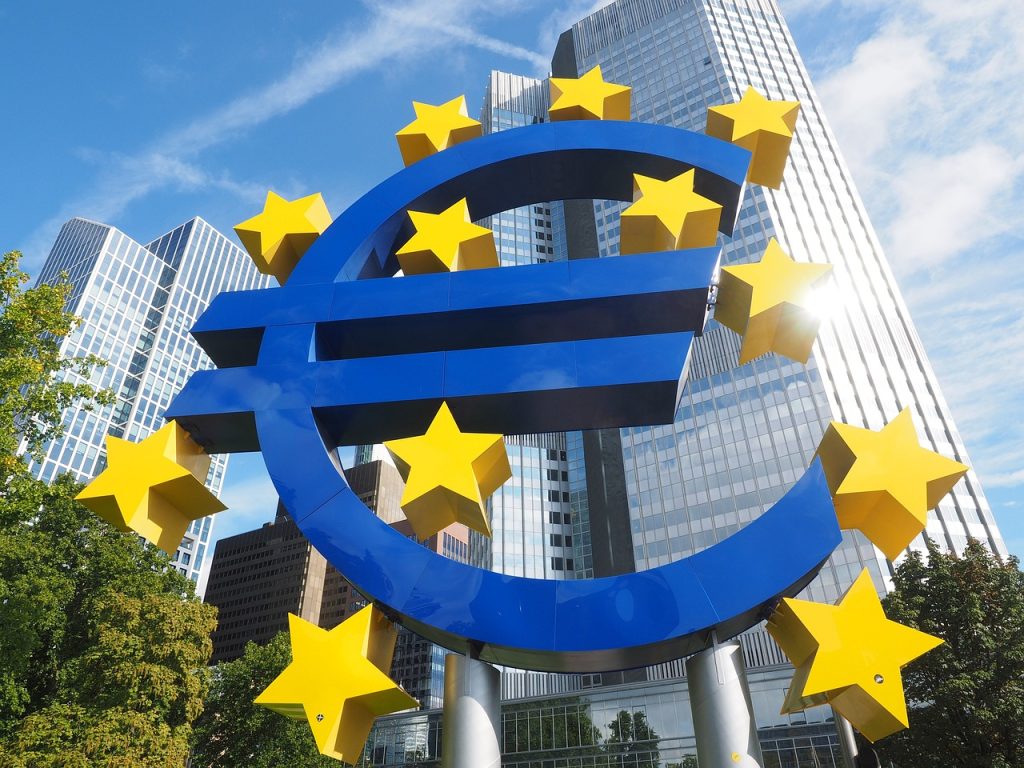June the 9th, 2023 – This week in Croatian politics, we’ve had everything from ex MPs driving Ferraris in Dubai to the Eurozone slipping into a recession in the year of Croatia’s accession.
Plenkovic discusses wages and flooding in Bjelovar
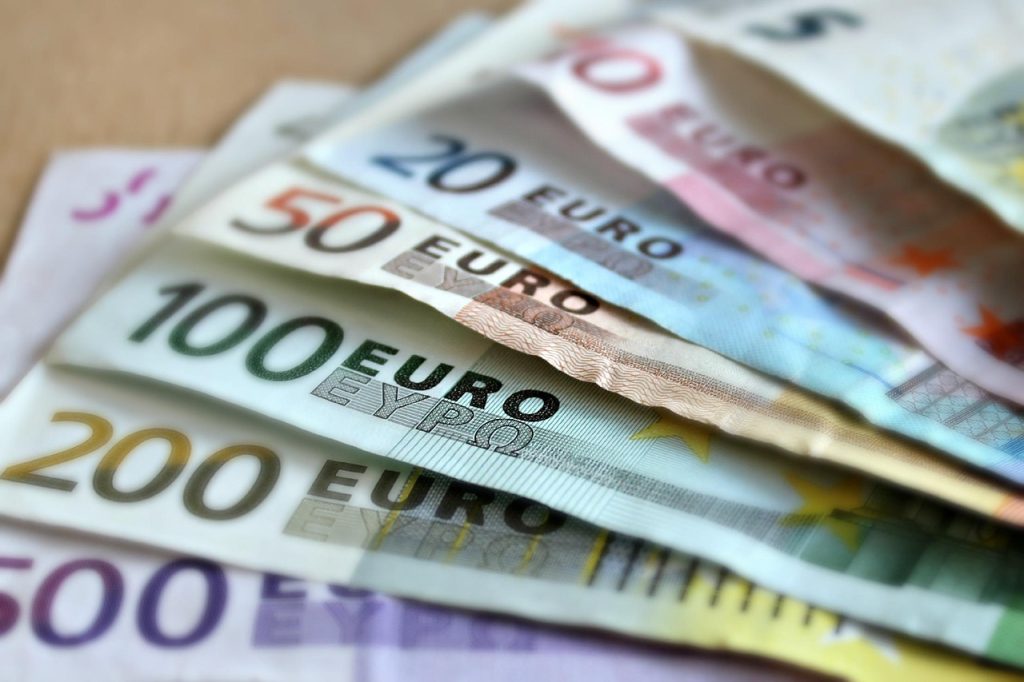
As Index writes, Prime Minister Andrej Plenkovic has been in Bjelovar recently, where he was asked numerous questions and discussed everything from wage growth to flooding. Both topics have been hot in the world of Croatian politics of late.
GDP growth
“We’ve shown resilience and agility to move forward as a society and state,” Plenkovic stated, adding that the positive effects of membership in the Eurozone will be great as far as GDP is concerned. ”I expect better estimates are to come. We achieved a budget surplus. Croatia has the most employees at the moment… I expect a continuation of that same upward trend. As a society and a country, we’ve shown resilience and agility to move forward. After the Law on Salaries is passed, we want the economic status of the Croatian public to be higher.”
There’s no average European salary, says Plenkovic
When asked when those in Croatian politics will come together to ensure the domestic workforce takes home European salaries, he said: “There’s no average European salary. When you look at all the advances being made, Croatia is still catching up with developed EU member states who weren’t victims of aggression, and those who didn’t lose the entire decade of the nineties.”
Flooding
He also commented on the floods of the last few days, something many in Croatian politics have been discussing: “Climate change is an important subject. We recently had the Council for Digital Transformation. Anyone who fails to catch up with digitisation will not be globally competitive. We’ve increased the number of employees we’ve got in the ICT sector. The second is demographic revitalisation, everything is being completed as far as the demographic strategy at the national level is concerned, that’s our biggest problem. We have to change the atmosphere in society around that and put the family as the key component. The third process is sustainable development, which also involves climate change and energy security.”
A Protest is held in Split regarding pollution
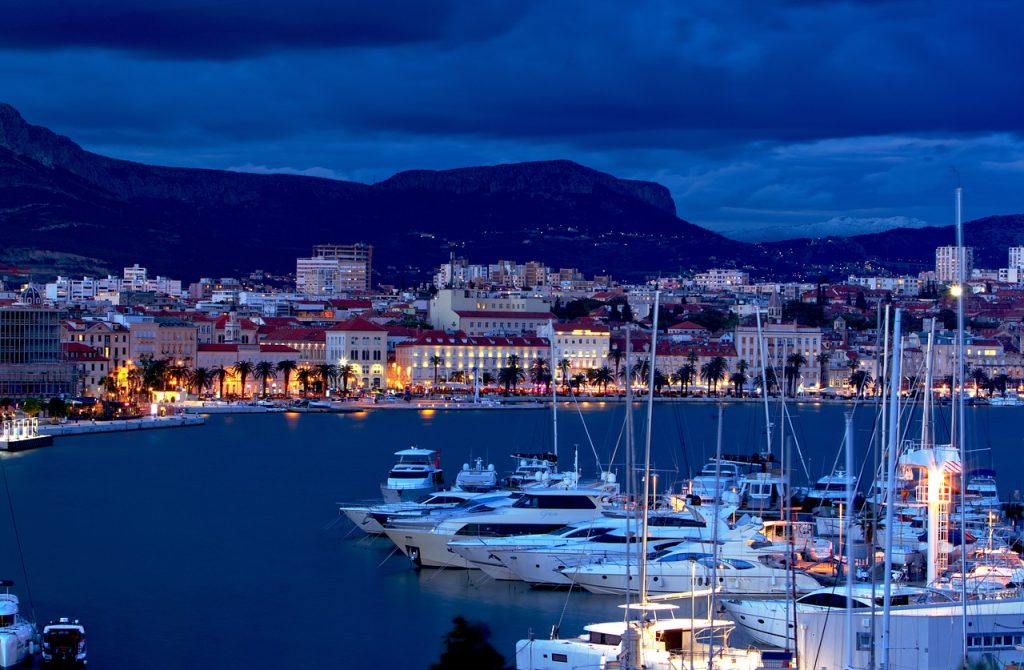
The ecological-citizen initiative Za cisti zaljev organised a new protest against pollution in Split, which they believe is coming from the North Port.
Protesters “Stop the poisoning from the northern port” gathered together and headed across the Riva (waterfront/promenade) towards the Port Authority, Dalmatinski portal reports.
Poor air quality could lead to health issues
The results of air testing carried out by the Institute for Public Health in the Split are of Brdo showed that the average annual level of total precipitable substances, arsenic and nickel, had been exceeded. The test lasted from March to the end of May at three measuring stations in the area of the northern part of Split.
The head of the Department for Air, Soil and Noise Testing of the NZJZ, Nenad Peris, said that the concentrations of total precipitable matter and arsenic were lower in May compared to other months. He also said that these results can affect human health.
The Port Authority has been blamed
“The port authority is certainly responsible for this. They’re the ones who issue the concessions and they all had to go in one direction in order for them to get a concession until 2035. Then they just unload a million tonnes of bulk cargo a mere 15 metres from people’s houses,” said Nenad Kunac of this initiative for Dalmacija Danas.
Ex MP Ivan Pernar is shown driving a Ferrari in Dubai
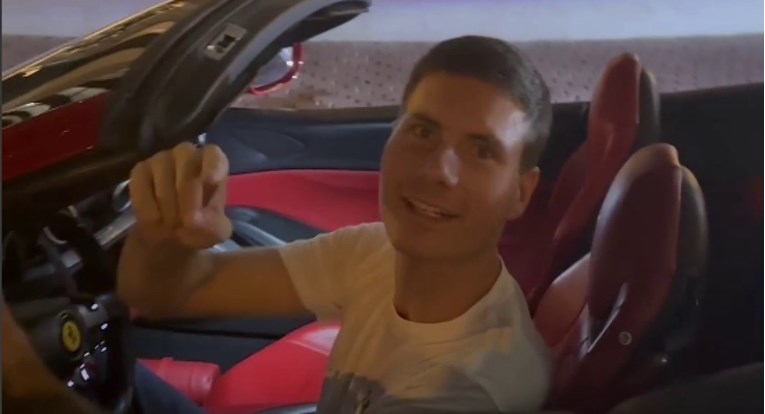
Things are often rather odd in the world of Croatian politics, and those who follow it will remember that ”odd” and Ivan Pernar usually went together. Former Member of Parliament and ex Living Wall/Zivi zid party member, Ivan Pernar, posted a short clip of himself on Telegram in Dubai and driving a Ferrari. He also praised controversial journalist Velimir Bujanac, the host of the Bujica show who was allegedly convicted for paying a prostitute with cocaine.
“The media can say whatever they want about Velimir Bujanac, but he ‘s the greatest legend of Croatian journalism,” said Pernar.
The video was taken in front of the hotel where Pernar allegedly stayed, and where a night’s stay costs around 100 euros.
The Eurozone enters a recession in the year of Croatia’s accession
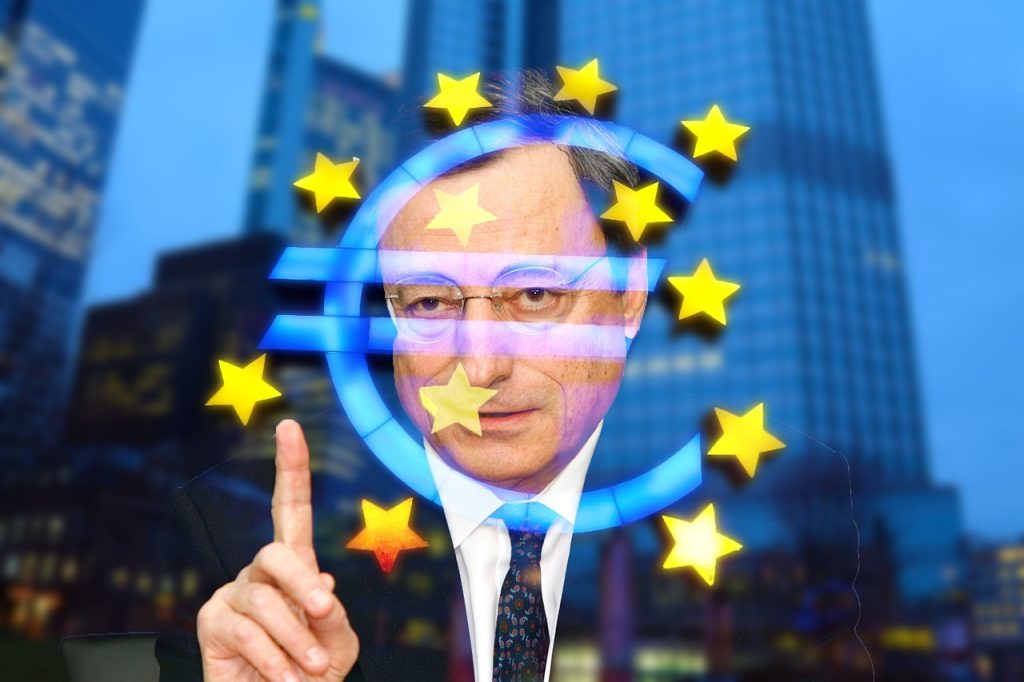
Croatia and Croatian politics just can’t get a break. When this country took over the rotating EU Presidency in 2020, the pandemic broke out, and now in the year it finally managed to join the Eurozone – the bloc enters a recession.
The Eurozone slipped into recession in the first quarter of 2023 due to reduced domestic consumption amid higher borrowing costs, new estimates from the European Statistical Office showed.
GDP
Seasonally adjusted gross domestic product (GDP) of the 20-member Eurozone fell in the first quarter by 0.1 percent compared to the previous three months when, according to revised data, it recorded the same percentage decline.
Data so far has shown activity growth at the beginning of the year by 0.1 percent and stagnation at the end of 2022. The data shows that the Eurozone slipped into recession in the first quarter of 2023, as activity had decreased for two quarters in a row.
In the EU, GDP grew by 0.1 percent in the first three months of this year compared to the previous quarter, half as weak as the first Eurostat estimates showed. At the end of 2022, it decreased by 0.2 percent, twice as strong as Eurostat estimated in mid-May.
On an annual level, activity in both areas increased by one percent, statisticians confirmed. In the last quarter of last year, it increased by 1.8 percent in the Eurozone and by 1.7 percent in the EU, also in line with previous Eurostat estimates.
Poor consumption
In the first three months of this year, the economy lost the support of state spending, which decreased by 1.6 percent in the Eurozone compared to the previous three months and by 0.9 percent in the EU. At the end of 2022, it had grown by 0.8 percent in the Eurozone and by 0.4 percent in the EU.
Household consumption also decreased, but in a much weaker sense than in the previous three months, by 0.3 percent in both areas. At the end of 2022, it had fallen by 1.0 percent in the Eurozone and by 0.9 percent in the EU.
The data shows the pressure of increased borrowing costs in the Eurozone, with which the European Central Bank (ECB) is trying to curb high inflation. Although energy prices have decreased compared to last year, price increases have spread to other sectors as well.
Since July last year, the ECB has raised interest rates by 3.75 percent
Investments by companies stabilised compared to the previous quarter and increased by 0.6 percent in the Eurozone and by 0.3 percent in the EU. At the end of 2022, they had sunk by 3.5 percent in the Eurozone and by 2.8 percent in the EU.
Exports in the Eurozone decreased by 0.1 percent, while in the EU it recorded the same percentage growth. In the last three months of last year, it decreased by 0.2 percent in the Eurozone and by 0.3 percent in the EU.
Imports also fell 1.3 percent in both areas in the first quarter.
Croatia and Portugal are living out similar fates
Among the countries whose data Eurostat had at its disposal, the largest drop in activity at the quarterly level was recorded by Ireland, by 4.6 percent. Lithuania followed with a decline in activity by 2.1 percent.
In the first quarter, according to seasonally adjusted data, Croatia recorded a 1.4 percent growth in activity compared to the previous three months when it grew by 0.5 percent. The closest to Croatia is Portugal with a 1.6 percent growth in activity.
The highest GDP growth in the first quarter compared to the previous three months was recorded by Poland, by 3.8 percent.
Estonia suffers the biggest decline
At the annual level, the largest decline in activity in the first quarter was recorded by Estonia, by 3.7 percent, Eurostat reported. It was followed by Lithuania with a decrease in activity by 2.7 percent and Hungary, where it decreased by 1.1 percent.
Activity increased the most in Spain, by 3.8 percent. Cyprus and Malta followed with activity growth compared to the first quarter of last year by 3.4 and 3.2 percent, respectively.
Here in Croatia, the country’s GDP in the first quarter increased by 2.6 percent compared to the same period last year, after a 3.7 percent increase in the previous three months.

